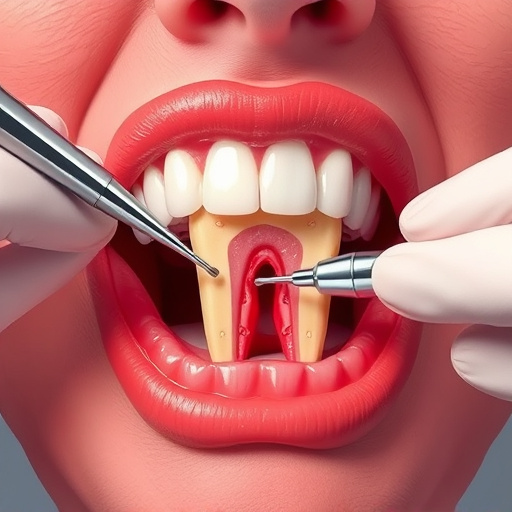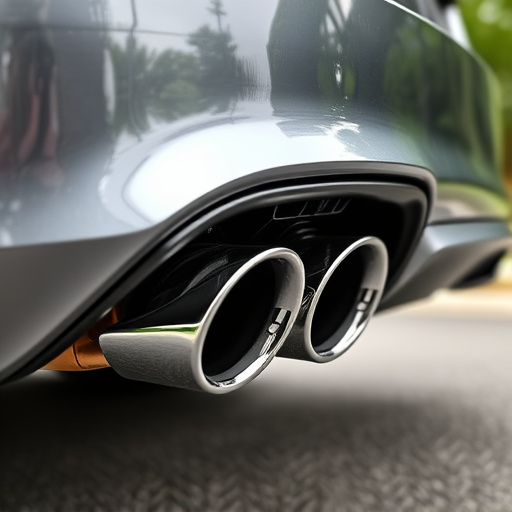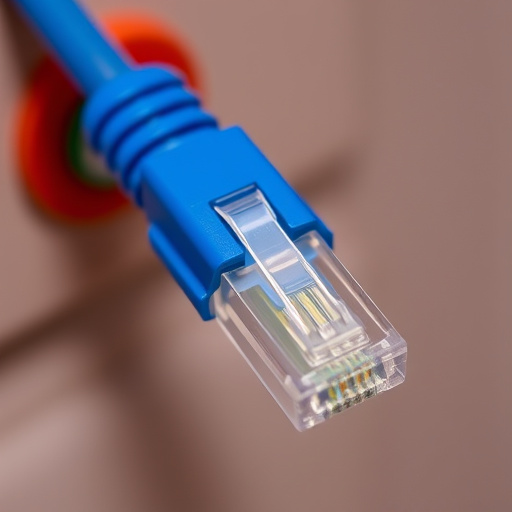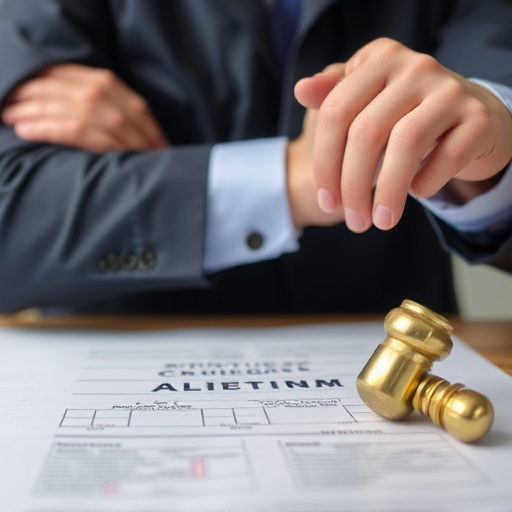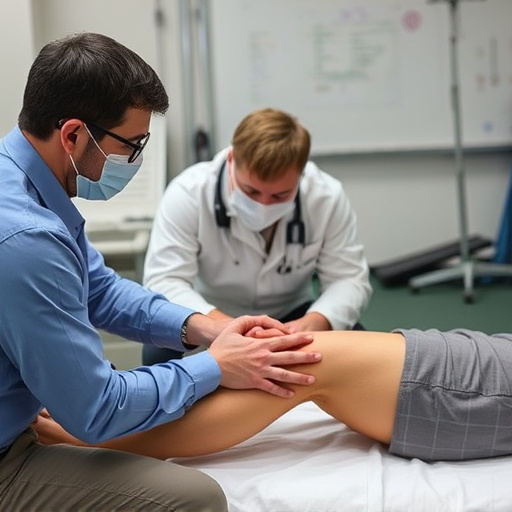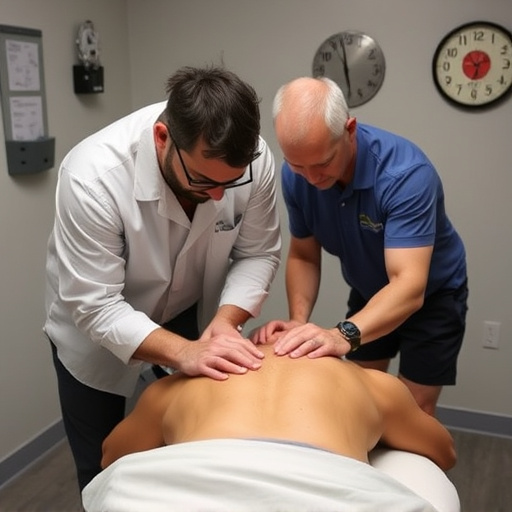After a car accident, prioritize immediate safety and seek prompt medical attention for potential injuries. Effective communication with healthcare providers is vital to receive tailored care, including physical therapy or chiropractic adjustments, for acute and long-term relief. Understanding the car accident injury care process empowers individuals to make informed decisions and support their recovery.
After a car accident, effective communication with healthcare providers is crucial for receiving quality injury care. Understanding your rights and knowing how to articulate your needs can significantly impact your recovery journey. This article equips you with essential strategies for navigating the process, ensuring you receive the best care possible. From recognizing your legal standing to adopting successful communication techniques, learn how to advocate for yourself during this challenging time.
- Understanding Your Rights After a Car Accident
- Effective Communication Strategies with Providers
- Navigating the Process for Quality Injury Care
Understanding Your Rights After a Car Accident

After a car accident, understanding your rights and options for injury care is crucial. In many jurisdictions, you have the right to seek medical attention, regardless of fault. This means that even if you were at-fault for the accident, you can still access necessary care for your injuries. Your first step should be to ensure immediate safety and then seek prompt medical evaluation. A thorough examination will help in diagnosing all potential injuries, from minor whiplash to more severe trauma.
Knowing your rights also involves understanding that you may require various forms of car accident injury care, including physical therapy for muscle recovery or sports injury recovery if you’re active. Don’t hesitate to discuss these options with your healthcare providers. They can guide you through the best course of action, whether it’s rest and medication for mild pain, or specialized treatments like chiropractic care or intensive physical therapy to aid in your full recovery.
Effective Communication Strategies with Providers

Effective communication is key when navigating car accident injury care. When interacting with healthcare providers, be clear and concise about your symptoms and concerns. Share all relevant details regarding the incident, including the date, time, and circumstances leading up to the accident. This helps create a comprehensive understanding of your injuries.
Use simple language to describe your pain levels and any specific areas of discomfort. Mention if certain activities or positions exacerbate the issue. For instance, you might say, “I experience sharp back pain that worsens when I sit for prolonged periods.” Providing these details enables healthcare professionals to offer tailored care, including recommendations for pain management and chronic pain relief strategies, such as physical therapy or medication, focusing on both acute and long-term back pain relief.
Navigating the Process for Quality Injury Care

Navigating the process for quality car accident injury care can seem daunting, but understanding the steps involved is key to a successful recovery. After a collision, it’s essential to prioritize your well-being and seek immediate medical attention. This initial phase focuses on addressing acute injuries, managing pain, and stabilizing your condition. Once stabilized, your healthcare provider will often recommend a comprehensive treatment plan tailored to your specific needs. This might include therapeutic exercises designed to improve strength and flexibility, chiropractic treatment for spinal adjustments, or other forms of wellness care to support your overall healing journey. Remember, open communication with your providers is vital; don’t hesitate to ask questions about your diagnosis, treatment options, and expected recovery timeline.
After a car accident, effective communication with healthcare providers is crucial for ensuring quality injury care. By understanding your rights and employing strategic communication techniques, you can navigate the process smoothly. Remember to document all interactions, ask questions, and actively participate in decisions regarding your treatment plan. This proactive approach will help ensure that you receive the best possible care for your car accident injury.
